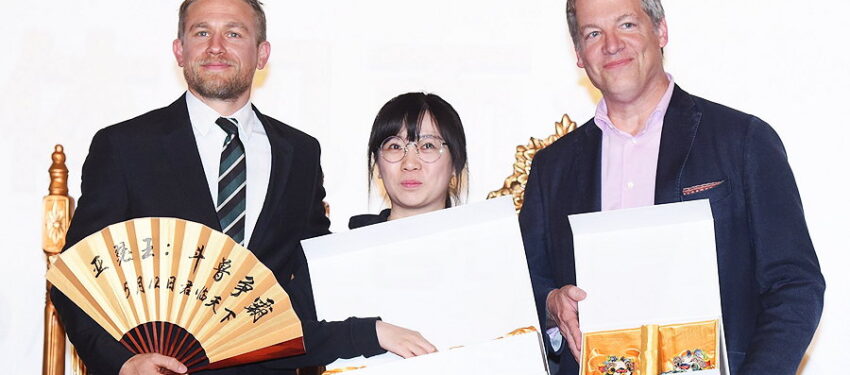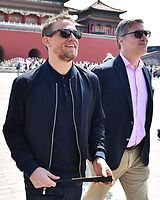Charlie and director Guy Ritchie posed with fans and talked to the press during the Canadian Screening of King Arthur: Legend of the Sword which took place on May 2nd.




Public Appearances > 2017 > 05/02/17 – ‘King Arthur Legend Of The Sword’ Canadian Screening












































